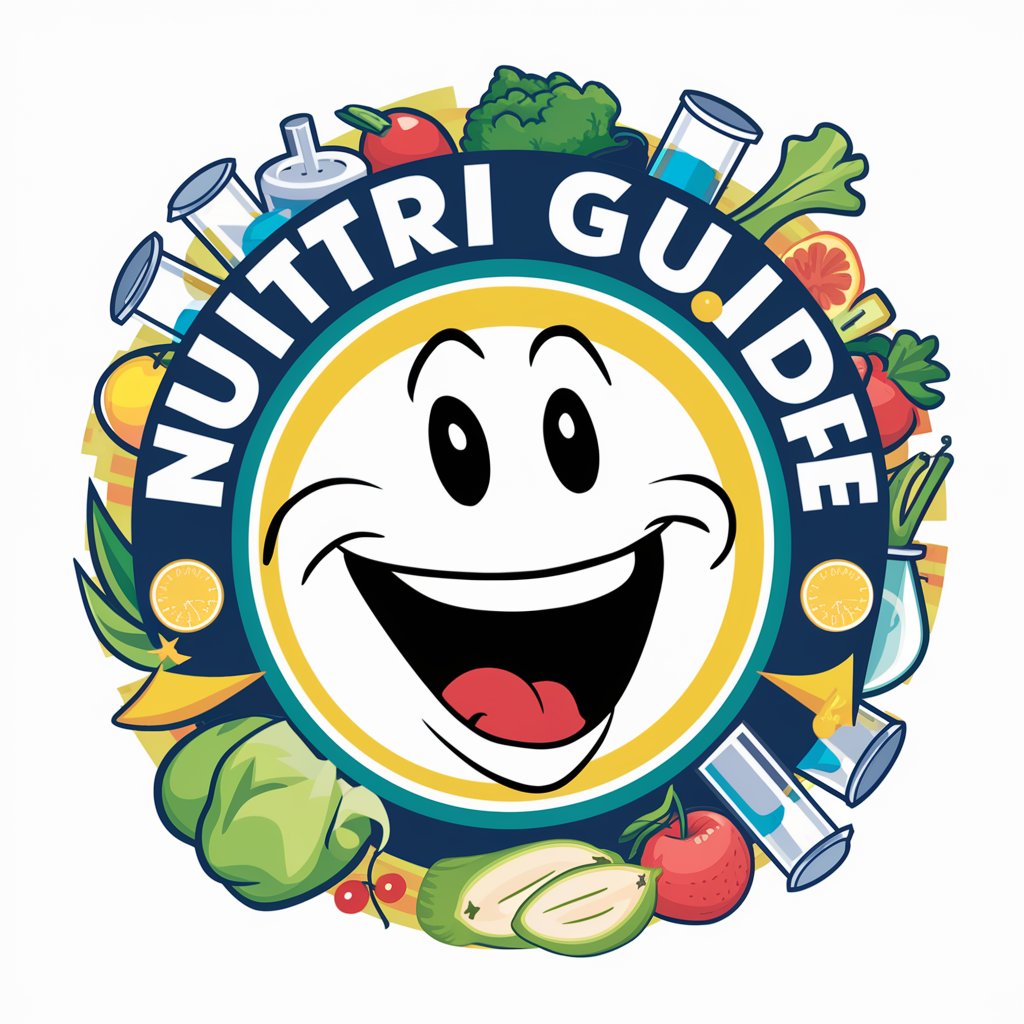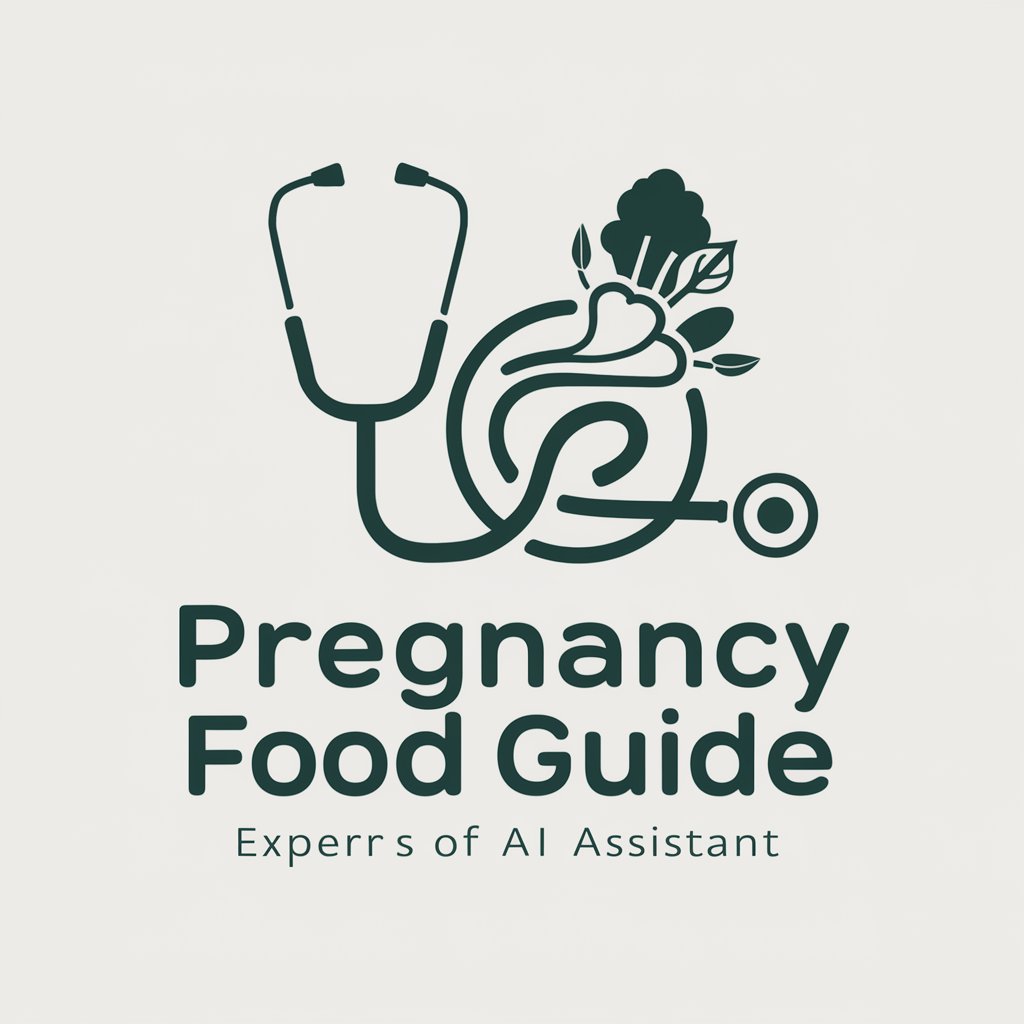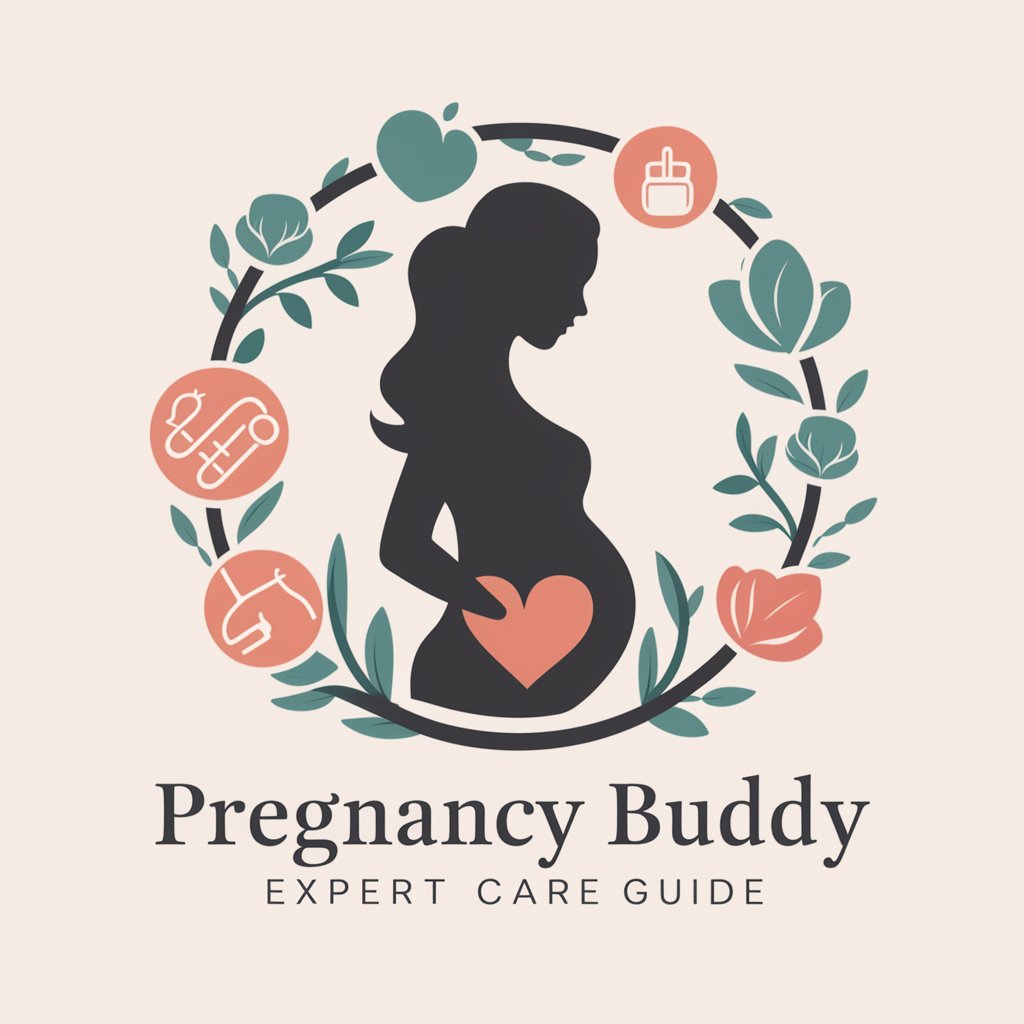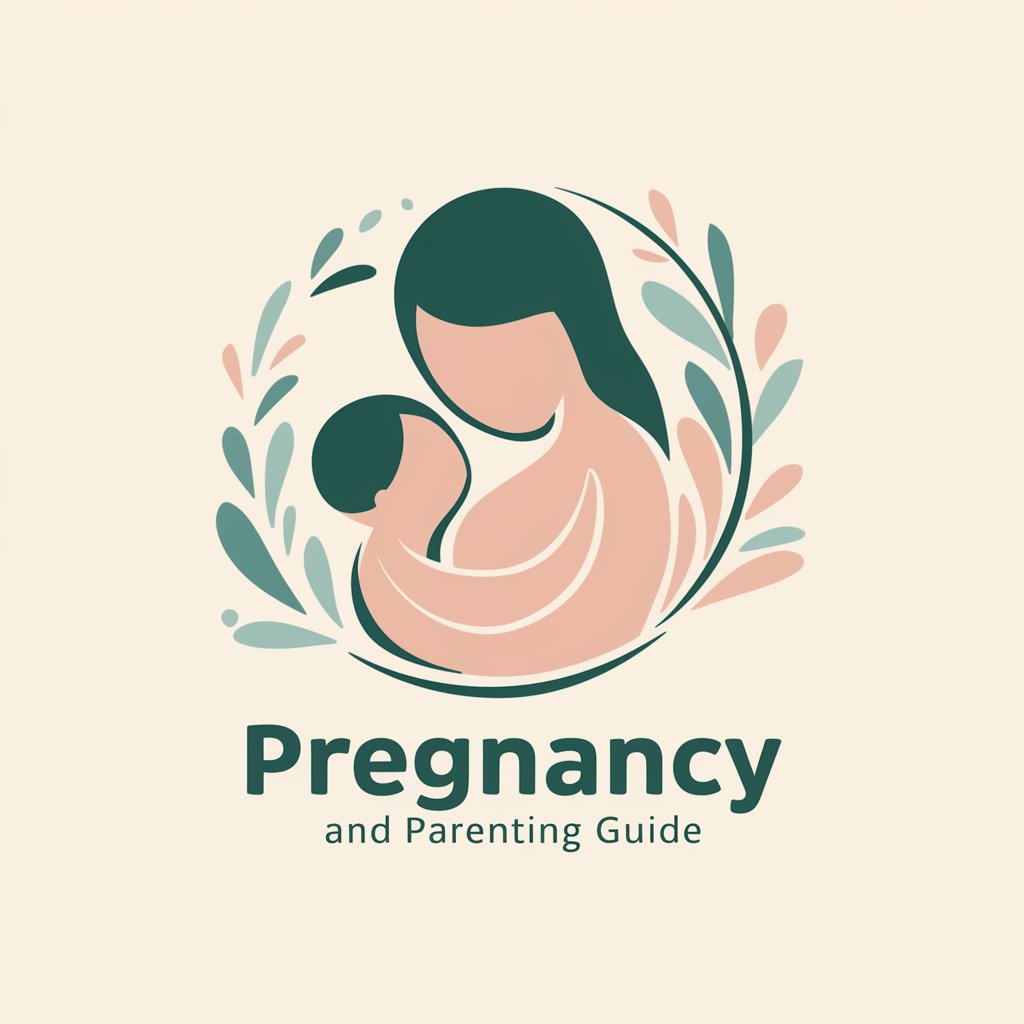
Pregnancy Eating Guide - Pregnancy Nutrition Guide
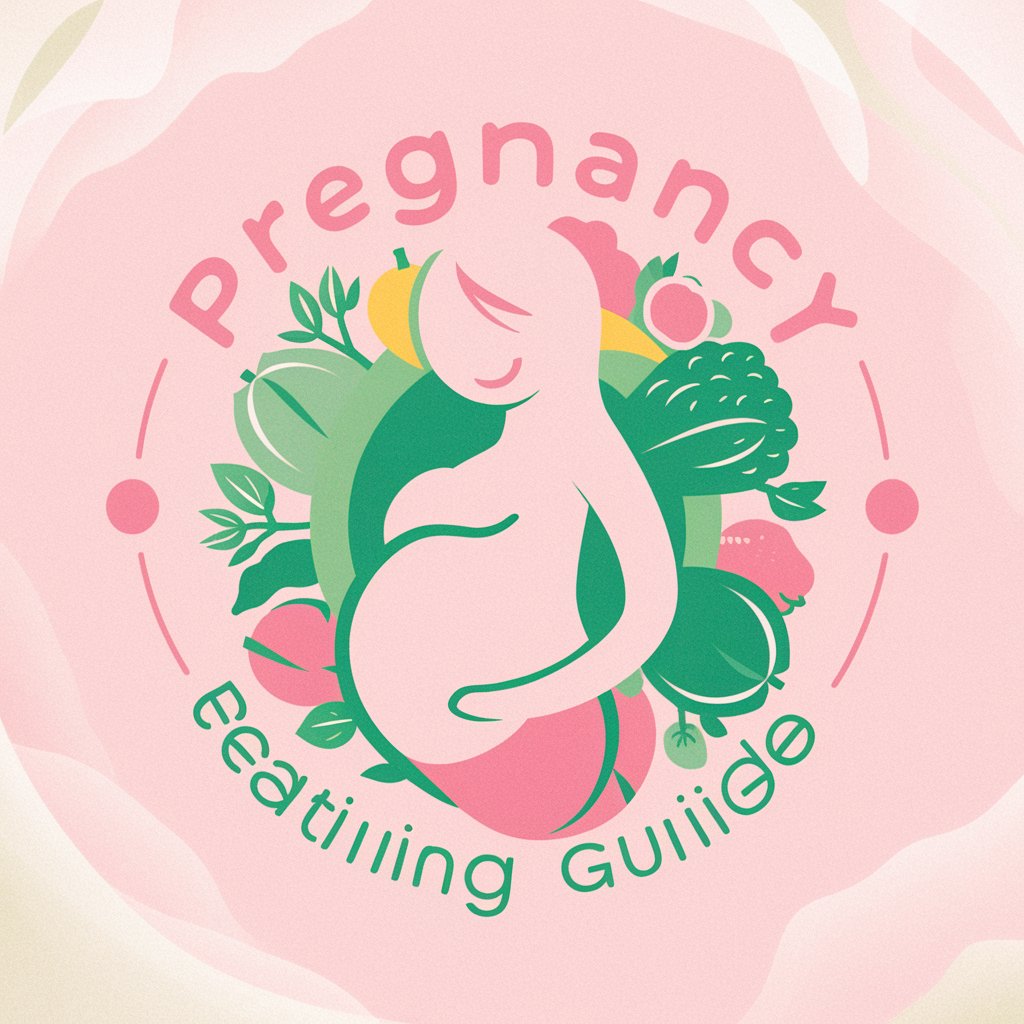
Hello! How can I assist with your pregnancy nutrition today?
AI-powered pregnancy diet assistant
Is it safe to eat...
Can I have... while pregnant?
What should I know about eating... during pregnancy?
Are there any benefits or risks of eating... when expecting?
Get Embed Code
Introduction to Pregnancy Eating Guide
The Pregnancy Eating Guide is a specialized tool designed to assist pregnant women in navigating the complexities of nutrition and food safety during pregnancy. Its core purpose is to provide reliable, evidence-based information and guidance on what foods are safe to eat, which ones to avoid, and how to maintain a balanced diet that supports both maternal and fetal health. Through personalized advice that underscores the importance of consulting healthcare professionals for tailored dietary plans, the guide aims to empower expectant mothers with the knowledge they need to make informed decisions about their eating habits. Examples of its utility include clarifying the safety of consuming seafood, advising on appropriate levels of caffeine intake, and suggesting nutritional strategies to manage common pregnancy-related conditions like nausea or gestational diabetes. Powered by ChatGPT-4o。

Main Functions of Pregnancy Eating Guide
Food Safety Guidance
Example
Determining the safety of soft cheeses, which may pose a risk of listeriosis.
Scenario
An expectant mother wants to know if she can eat feta cheese in her salad. The guide provides information on which types of cheese are pasteurized and safe to consume.
Nutritional Advice
Example
Suggestions for iron-rich foods to combat pregnancy-induced anemia.
Scenario
A user, experiencing fatigue, learns about iron-rich dietary options like spinach and fortified cereals to improve her iron levels.
Management of Dietary Concerns
Example
Advice on handling nausea through diet, such as eating ginger or small, frequent meals.
Scenario
A pregnant woman struggling with morning sickness receives tips on foods and eating habits that may alleviate her symptoms.
Ideal Users of Pregnancy Eating Guide Services
Expectant Mothers
Pregnant women looking for evidence-based advice on maintaining a healthy diet during pregnancy. They benefit from understanding which foods to avoid and which to include for optimal health outcomes for themselves and their babies.
Healthcare Professionals
Obstetricians, midwives, and dietitians can utilize the guide as a resource to support their dietary counseling for pregnant patients. It serves as a supplementary tool to provide consistent, up-to-date information on pregnancy nutrition.
Family Members
Partners, family members, or friends involved in meal preparation or food choices for pregnant women can use the guide to ensure they are supporting the expectant mother's dietary needs safely and effectively.

How to Use Pregnancy Eating Guide
Start Free Trial
Begin by accessing yeschat.ai for an uncomplicated start to your Pregnancy Eating Guide experience, with no requirement for logging in or ChatGPT Plus subscription.
Identify Your Query
Prepare specific questions or concerns about pregnancy nutrition and food safety you wish to address.
Use the Chat Interface
Enter your questions directly into the chat interface to receive personalized advice and information.
Follow Recommendations
Review the provided guidance carefully and consider incorporating the suggestions into your diet, while keeping in mind your personal health and preferences.
Consult Healthcare Professional
Always cross-check the guidance with a healthcare professional to ensure it aligns with your specific health needs and pregnancy stage.
Try other advanced and practical GPTs
William: AI Magazine Agent German
Empower Creativity and Strategy with AI

FintechFull Crypto Compass
Empower Your Crypto Decisions with AI

Numerai Numerlogy Educator
Unlock Your Potential with AI-Powered Numerology

IELTS Practice
Master IELTS with AI Assistance
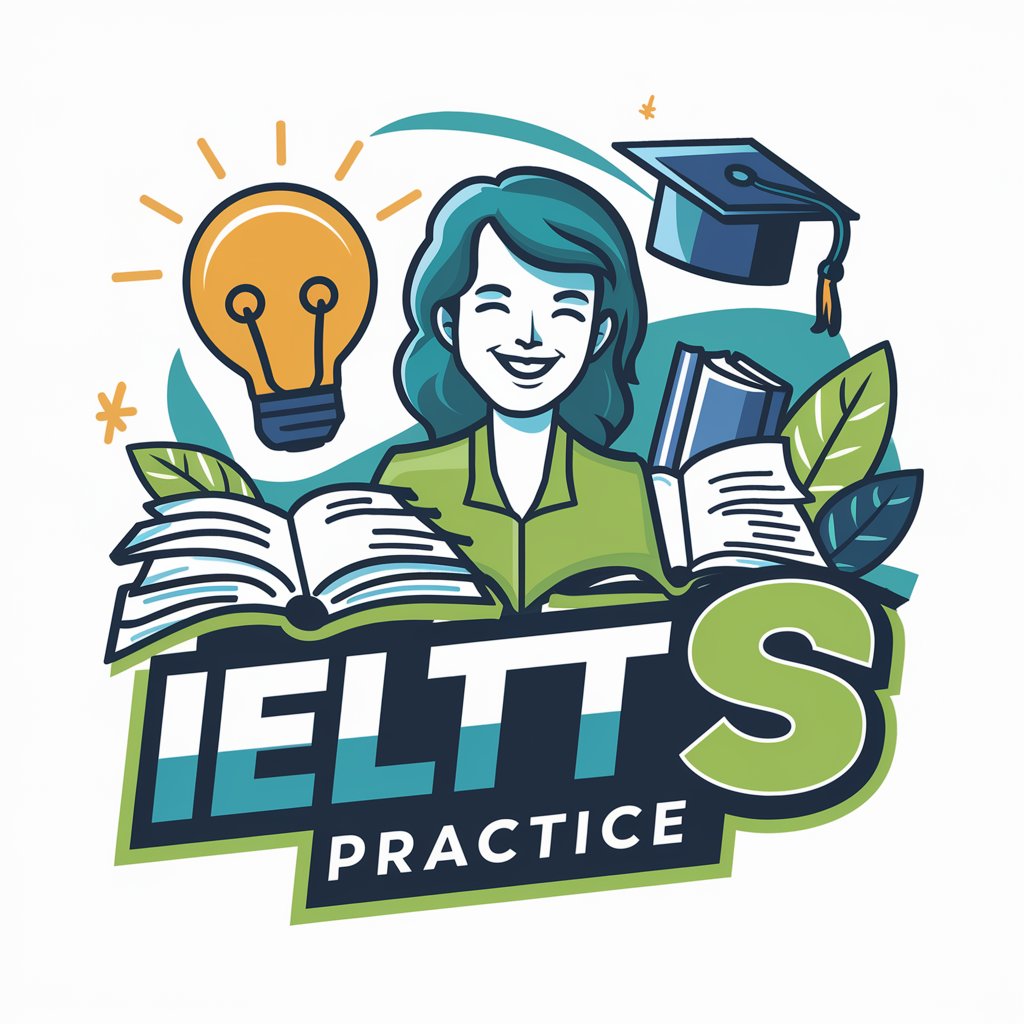
Hair Loss
Empowering your journey to healthier hair.
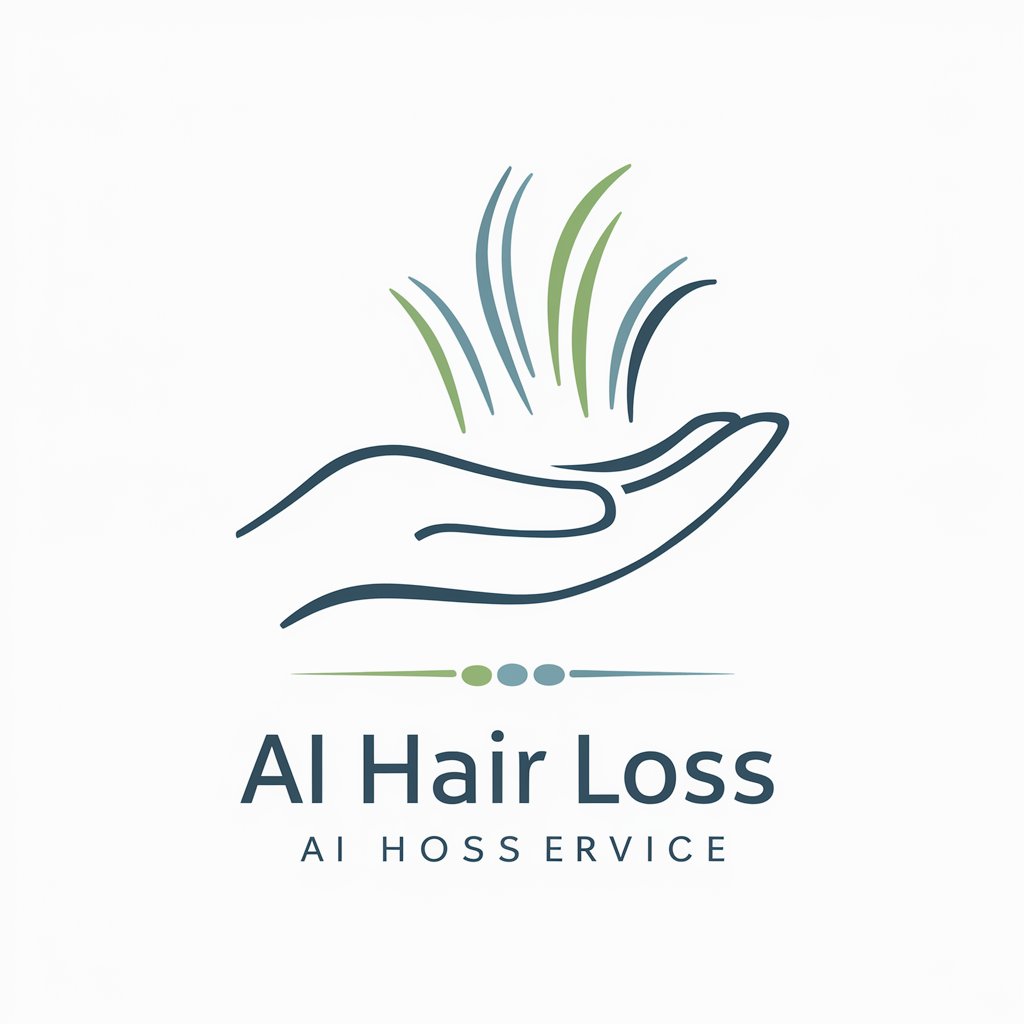
Global Law Assistant
Empowering legal exploration with AI.

InspireHobby - Personalized Hobby Explorer
Discover, Learn, and Connect with AI-Powered Hobby Exploration

Cover Letter Assistant
Craft Your Path with AI-Powered Precision
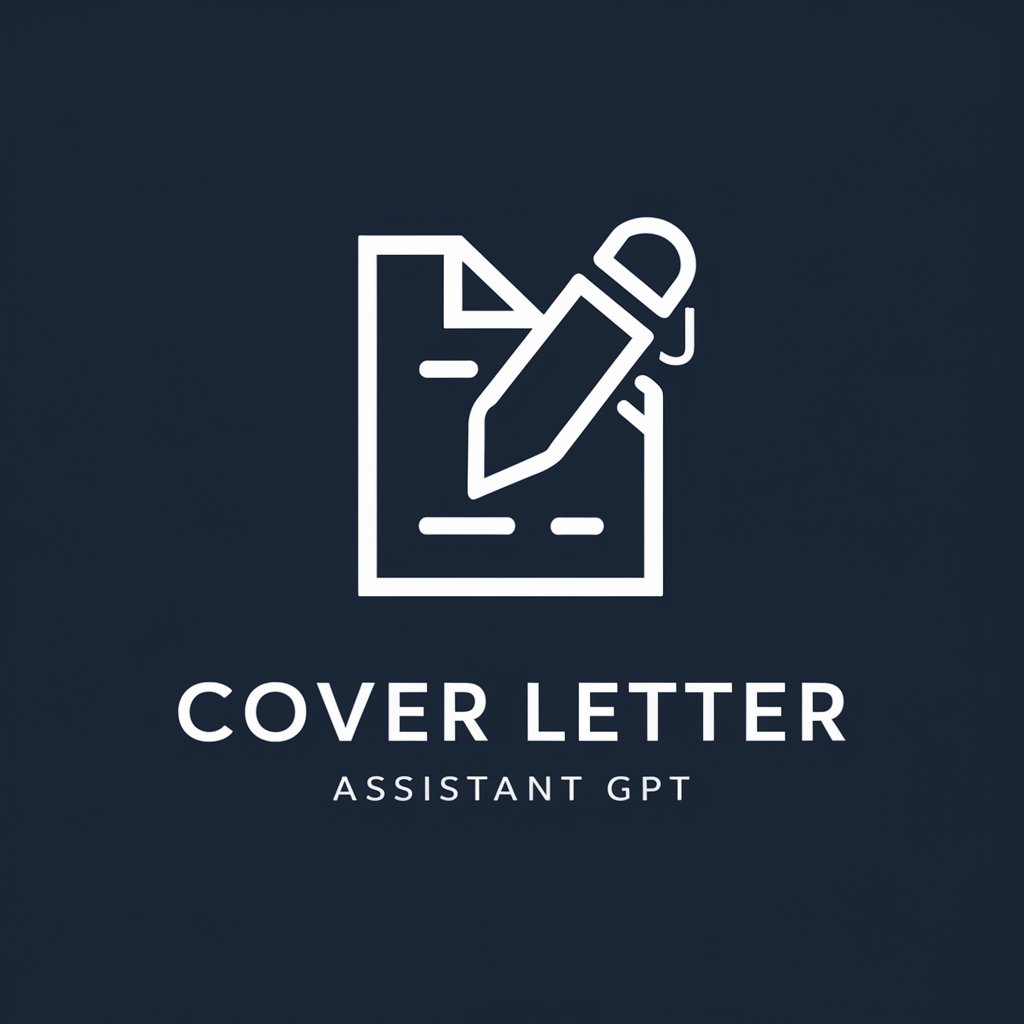
myConsortium Coordinator
AI-powered consortium management made easy
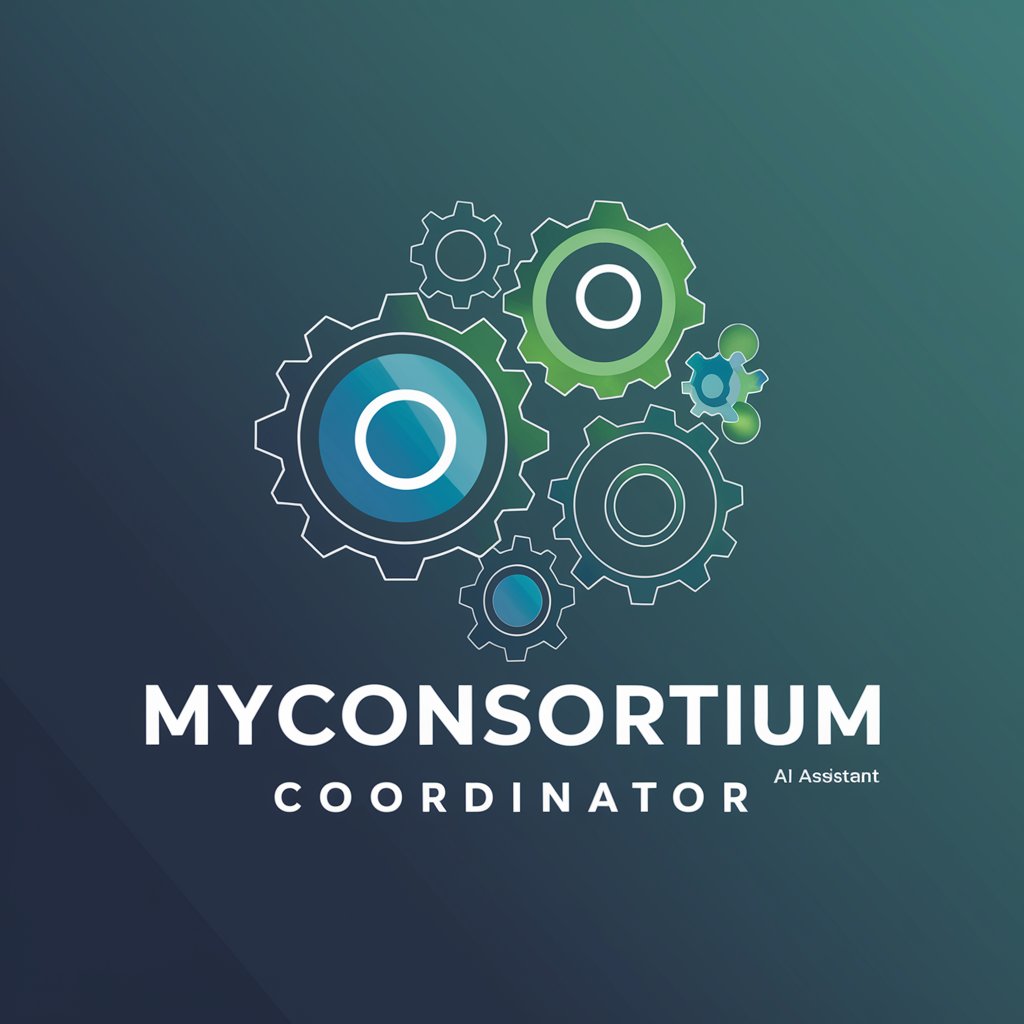
Beatle Lyricist
Revive the Beatles' Magic in Your Lyrics

特別支援学校教育
Empowering learning with AI

Sotavoff Reels
Elevate Your Reels with AI Creativity

Frequently Asked Questions About Pregnancy Eating Guide
What foods should I avoid during pregnancy?
It's advisable to avoid raw or undercooked meats, unpasteurized dairy products, high-mercury fish, and excessive caffeine. Each of these can pose risks such as infections or harm to the baby's development.
Can I follow a vegetarian diet while pregnant?
Yes, a vegetarian diet can be healthy during pregnancy, but it requires careful planning to ensure you're getting enough protein, iron, calcium, and vitamin B12. Consulting with a dietitian can be beneficial.
How much caffeine can I consume?
Current guidelines suggest limiting caffeine intake to less than 200 mg per day during pregnancy, equivalent to about one 12-oz cup of coffee, to avoid potential risks to the baby.
Are there any foods that can help with morning sickness?
Ginger, crackers, and small, frequent meals can help manage morning sickness. Staying hydrated and avoiding spicy or fatty foods may also reduce nausea.
How can I ensure I'm getting enough nutrients for my baby?
Focus on a balanced diet rich in fruits, vegetables, whole grains, lean proteins, and healthy fats. Prenatal vitamins can also supplement essential nutrients like folic acid and iron.
